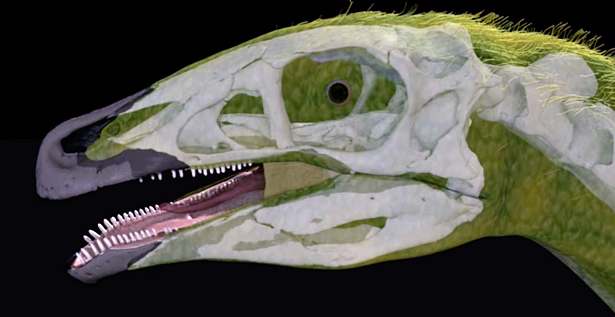Nov 2, 2012
Piedrahita to Lead NC State’s Center for Comparative Medicine and Translational Research
Jorge Piedrahita, a professor of genomics in North Carolina State University’s College of Veterinary Medicine, has been appointed director of the NC State Center for Comparative Medicine and Translational Research (CCMTR). Piedrahita’s appointment by Dr. Paul Lunn, dean of the College of Veterinary Medicine, follows a national search. Piedrahita will oversee CCMTR initiatives based on the…

